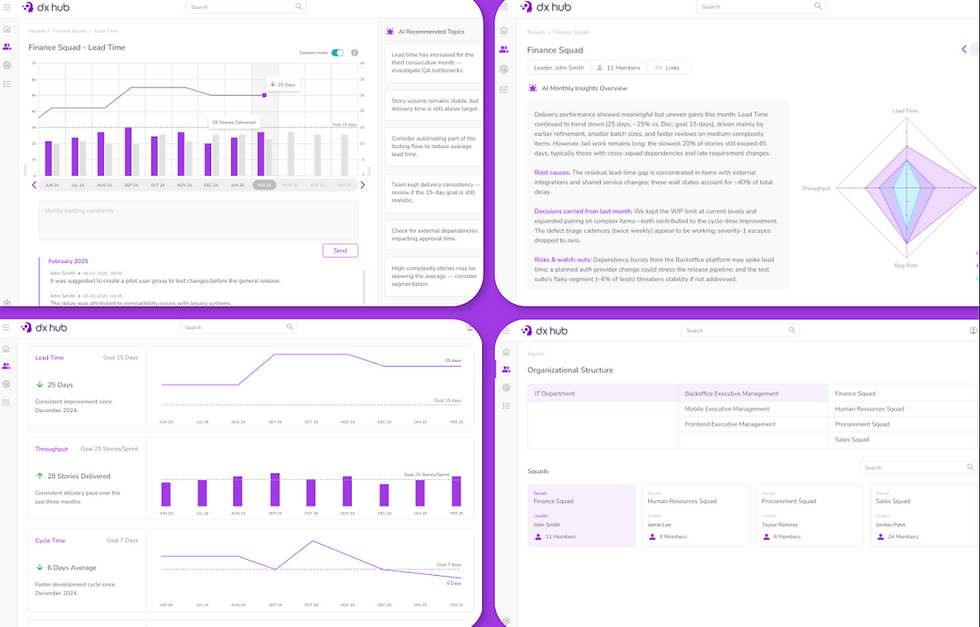What is the Importance of Conducting Software Due Diligence
- Avalia

- Mar 4, 2024
- 2 min read

Software due diligence is an essential practice for companies aiming to ensure the security,
compliance, and overall health of their software systems. It serves as a critical checkpoint for identifying potential risks and opportunities, making it indispensable for making informed investment decisions, especially in today's technology-driven business landscape.
One of the primary reasons for its importance is the management of security risks. In a digital world where software is integral to operations, overlooking the origin, licensing, and security of software assets can lead to significant vulnerabilities. For example, the use of open-source software, while beneficial for development efficiency and cost savings, poses risks if not properly managed. Software due diligence ensures that companies are aware of and compliant with the licensing obligations and that they have not inadvertently included code that could lead to security breaches or legal complications.
Furthermore, for private equity firms and investors, understanding both the process and code risks associated with a company's software development practices is crucial. Process risk covers the potential issues in how software is developed, including design, coding, and deployment practices, which can affect future software development outcomes and overall company value. Code risk, on the other hand, pertains to the quality, reliability, and security of the actual code, which can reflect on past practices and cumulatively impact a company's operational efficiency and growth potential. Properly assessing these risks can uncover technical debt and process weaknesses, enabling investors to make decisions that maximize returns.
In addition to traditional risk management, the evolving landscape of due diligence, propelled by digital transformation, cybersecurity concerns, and the rising importance of Environmental, Social, and Governance (ESG) considerations, further underscores the necessity of software due diligence. The integration of advanced analytics, machine learning, and artificial intelligence in due diligence processes allows for quicker and more comprehensive evaluations, helping companies stay ahead in a competitive and interconnected global market.
Given these considerations, companies like Avalia Systems play a pivotal role in the ecosystem, specializing in software due diligence to help organizations navigate the complexities of software security, compliance, and quality assurance. By leveraging expertise in identifying and mitigating process and code risks, we ensure that businesses can make informed decisions about mergers, acquisitions, investments, or any form of strategic partnership, thereby safeguarding their technological investments and supporting sustainable growth.
In conclusion, software due diligence is not just a precautionary measure but a strategic necessity in today's fast-paced and technology-dependent business environment. It enables companies to manage risks effectively, comply with regulatory requirements, and secure a competitive advantage by ensuring the integrity, security, and efficiency of their software assets.


